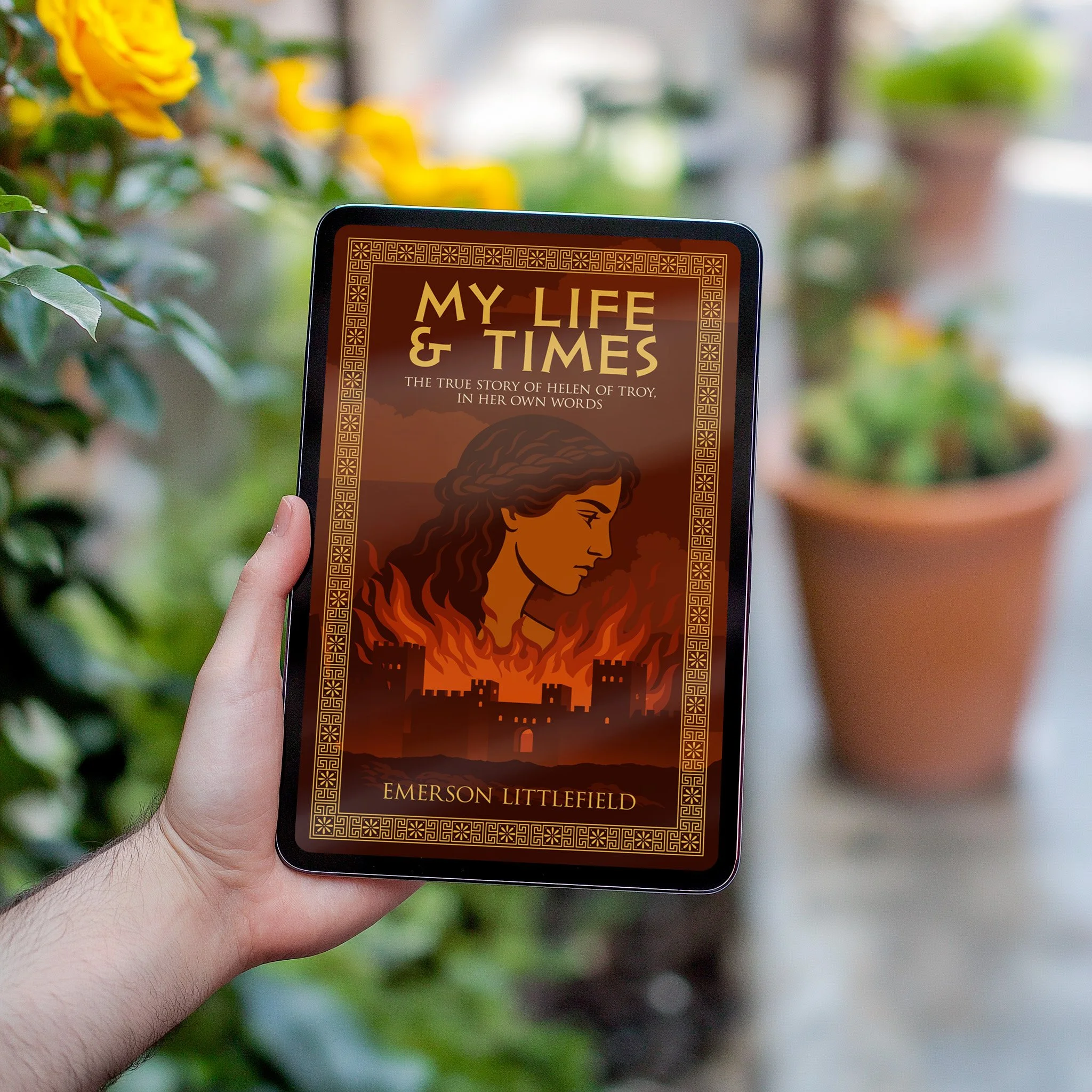
Sparta (Southern Peloponnesus) and Troy (Northeastern Turkey)
Like Polyphemus, the Cyclops, and Asterion, the Minotaur, Helen is a figure of myth — the most beautiful woman in the world, the “face that launched a thousand ships” as Christopher Marlowe wrote. We know, however, that there really could have been a war that brought down the ancient city of Troy (now the mound of Hisarlik) around 1180 BCE, just at the end of the Bronze Age. Suppose, then, that the characters from the Homeric epic, The Iliad, had been real? There would be no actual gods, goddesses, nymphs or sorceresses, although the people themselves would have believed in them.
What there would have been is real people living real lives through a turbulent and bloody era of warfare and change. If one of those people had been Helen, and if she were to tell the story of her life from the perspective of her old age, what would she tell? What would she tell of knowing Menelaus, Paris, Priam and Hecuba, Hector and Andromache, Cassandra, Odysseus, even Achilles and Briseis? What would she say about the war and the great horse? In this novel, she tells the story of her life, and all these people were part of it.
Scroll ↓
“Do you know that I once met the “great” Achilles? It was about a year after the Achaeans landed on the shores of Troy and encamped on the plains of the Scamander.
Within the walls of Troy itself there are many gardens like Cassandra’s. She let me share some of her space to grow flowers and vegetables. Her garden lay within the walls of the palace, three sides of which were within the city walls while the fourth, as it happened, did double duty as the city’s and the palace’s eastern or inland wall. That wall rose perhaps twenty feet above ground. Therefore much of the garden was in morning shade, but by the late morning or early afternoon it was in full sun.
Cassandra had planted some pear and apple trees along the inside that were espaliered on beautiful wooden trellises about ten feet high. At the base of the trees she gave me a nice plot of ground about eight feet wide and thirty feet long in which I planted various pulses including lentils and beans, and in front of those, cucumbers, onions, lettuces and garlic. I like garlic in my meat stews. Getting sea salt was not a problem, but I also like Egyptian pepper, which was very hard to get. I also planted some peppers from which I saved the seeds to replant in the spring.”
— Excerpt from Chapter Eleven: The Garden of Achilles
